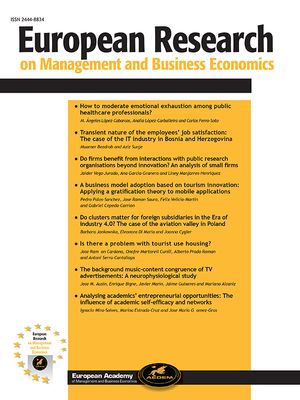Este estudio examina el impacto de la justicia organizativa (JO) sobre tres dimensiones identificadas por Seeman (1959) de la alienación laboral (AL): a saber, sentimientos de powerlessness o de impotencia en el trabajo, meaninglessness o falta de sentido y self-estrangement o desarraigo. Se argumenta que las percepciones de los tres tipos habituales de justicia organizativaprocedimental (JP), distributiva (JD) e interpersonal (JI)podrían conducir a los empleados a percibir a su organización como ilegítima y carente de valores y, por tanto, a perder su identificación y sentirse ajenos y alienados de la misma (AL). Mediante el análisis de ecuaciones estructurales (SEM) se identificó una relación negativa y significativa entre la justicia organizativa (JO) y los sentimientos de alienación laboral (AL) pero sólo en el caso de la justicia distributiva (JD) y, en particular, con las dimensiones powerlessness y meaninglessness. Los hallazgos sugieren que políticas para monitorizar el grado de justicia percibida de las recompensas en el trabajo (JD) pudieran erigirse en eficaces para combatir la alienación del empleado (AL) y, por ende, sus reconocidos efectos adversos sobre el trabajo. El artículo finalmente ofrece implicaciones, limitaciones y futuras investigaciones.
The present study examines the impact of organizational justice on the three dimensions of work alienation identified by Seeman (1959), i.e., powerlessness, meaninglessness and self-estrangement. It is argued that the three common types of organizational justice (i.e., procedural, distributive, and interactional) could lead employees to perceive their organization as illegitimate and lacking values and, hence, to feel detached and alienated from it. Structural equation modeling (SEM) results found a significant negative relationship between organizational justice and work alienation in the case of distributive justice and, in particular, for the powerlessness and meaninglessness dimensions of work alienation. The findings suggest that policies for the monitoring of distributive justice perceptions by the employees may be effective in combating work alienation and, hence, its harmful recognized effects in the workplace. The article also offers implications, limitations and avenues for future research.





